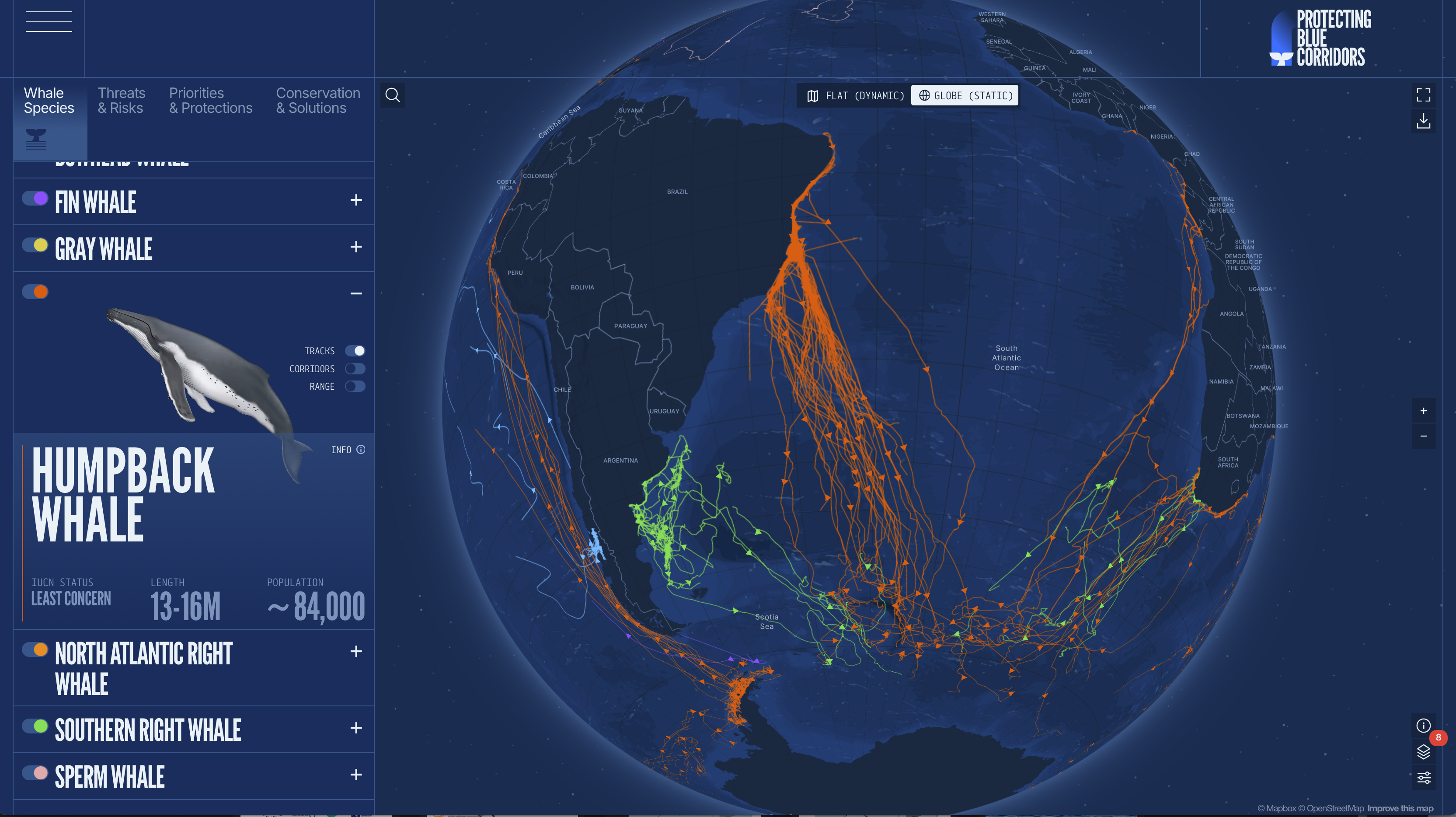Satellite tagging of individual whales offers an effective way to complement population-level studies (genetic, photographic) that are occurring throughout the South-western Indian Ocean. Several tagging projects on humpback whales have been implemented in the region to better understand movement of individuals during the breeding season. During the workshop dedicated to “Humpback Whale Satellite Tagging in the South-Western Indian Ocean” (link to the report) (Reunion, 2014), researchers from the regions acknowledged the importance of sharing data and carrying out analyses on a regional scale, and decided to work collaboratively to coordinate future tagging projects (techniques, time and place of tagging) in order to optimize data collection and ensure that satellite tagging technique should be used to address research questions that are relevant and beneficial to the species conservation.
To date, satellite tracking data are available from humpback whales tagged in Mayotte and the Comoros in 2011-2012 (Fossette et al., 2014), Madagascar in 2012-2013 (Cerchio et al., 2016, Trudelle et al., 2016), La Réunion in 2013 (Dulau et al., 2017), 2019 and 2022, Tanzania in 2023 (WCS, unpublished) and Maurice in 2024 (Globie and Attitude Foundation, unpublished).
All tracks can be viewed in the interactive map below (see full screen here).
These data also contribute to the interactive global platform Blue Corridors, which brings together all the migratory monitoring carried out on different species on a global scale.
Click on the map below to access the interactive project map.
